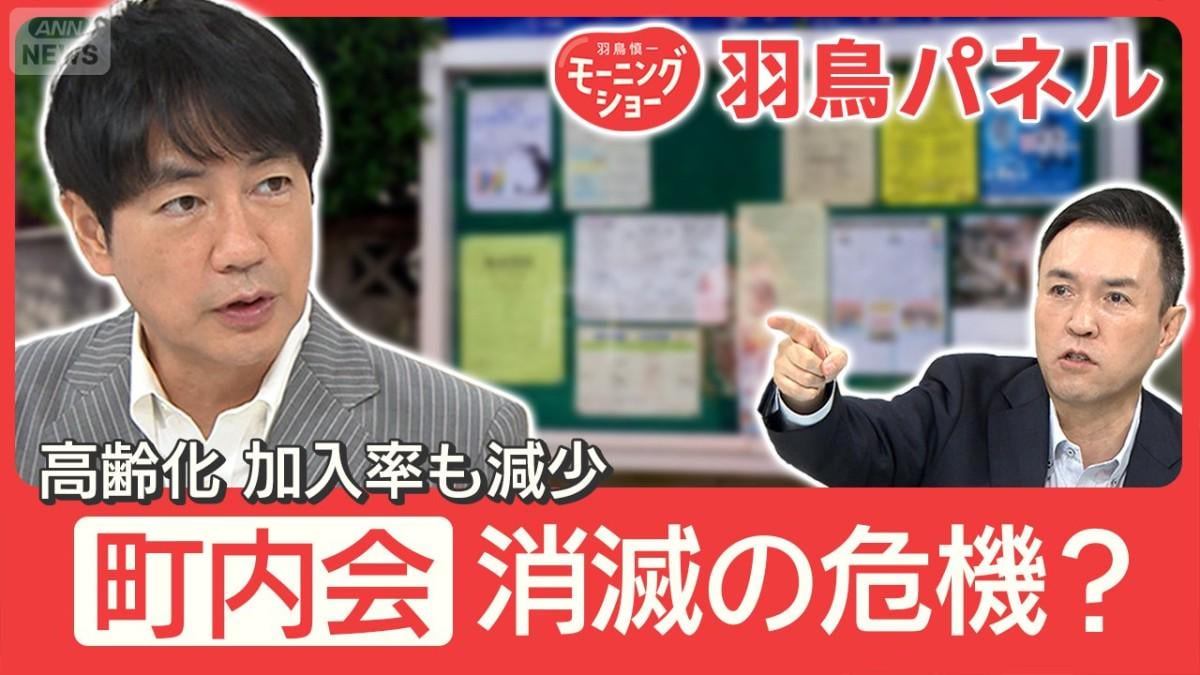
Neighborhood associations in Japan (“chōnaikai”) are struggling as fewer people join. These groups traditionally handle local tasks like sharing information, organizing festivals, cleaning, managing trash sites, and helping during disasters.
Membership has dropped nationwide (about 72% in 2021, only 41% in Tokyo). Many younger people and apartment residents don’t join because their building’s management association already covers daily needs.
Some people find town associations helpful for safety, community ties, and disaster support. But others complain about burdens like mandatory fees, cleaning duties, or being forced to take leadership roles. In extreme cases, disputes have led to threats like being banned from using neighborhood trash bins.
When associations collapse, problems follow. For example, after one dissolved in Kanagawa and another in Fujisawa, garbage collection sites disappeared, leaving residents scrambling to dispose of trash.
Still, during emergencies, associations can save lives. In the 2011 earthquake, one community confirmed everyone’s safety in just 30 minutes using a simple flag system. Others use cameras and group chats to share flood warnings.
To survive, some groups are cutting back duties, focusing only on disaster preparedness, or using digital tools like smartphone bulletin boards to reduce burdens and attract younger members.
Experts say these associations act like “public goods.” People often avoid joining until a crisis shows why they matter.
by MagazineKey4532
